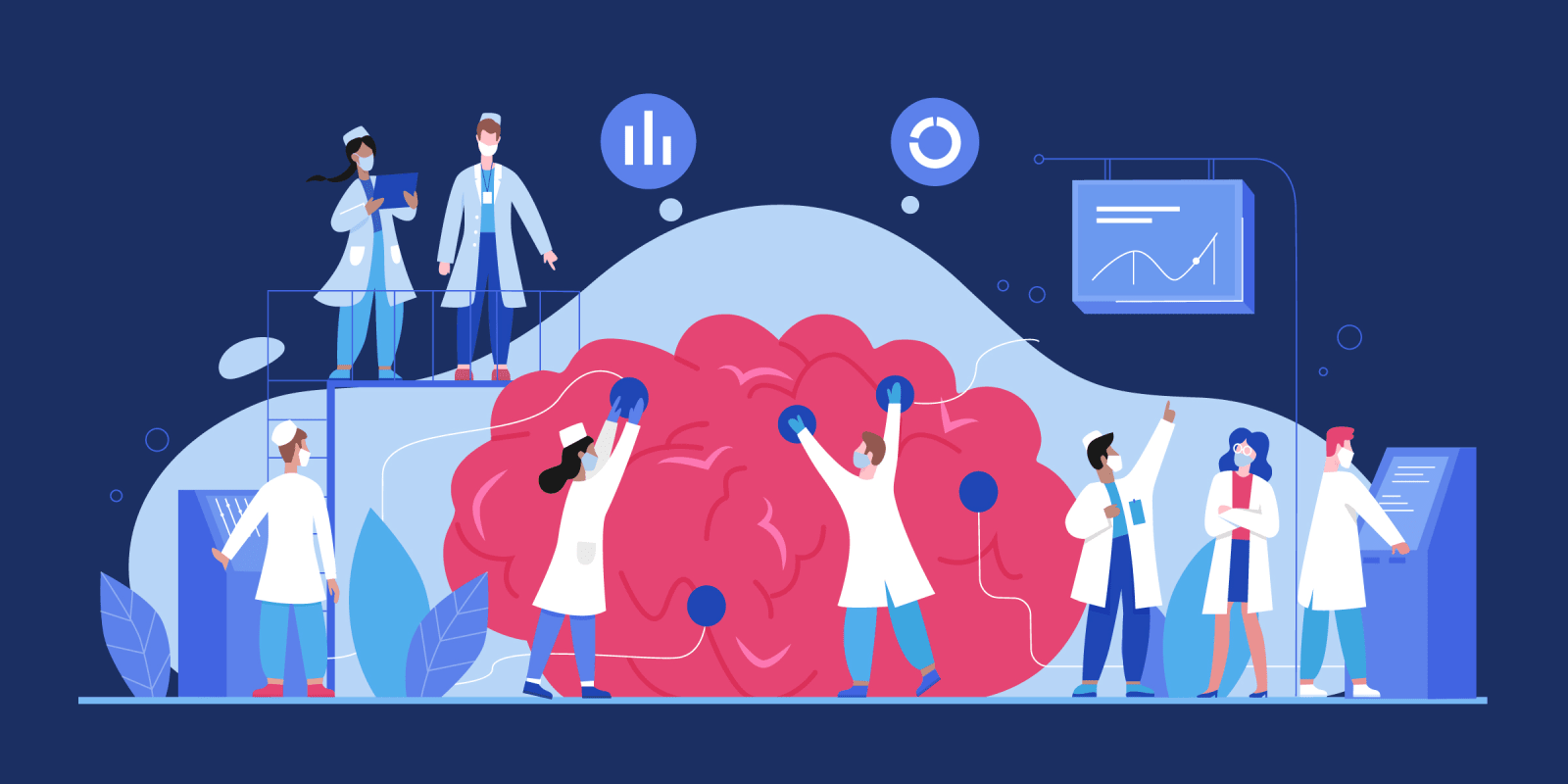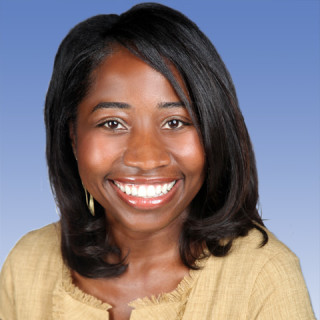The American Academy of Neurology’s virtual meeting is shaping up to be a fascinating amalgam of basic science and clinical research with topics running the full gamut of clinical care from holistic to traditional medicine.
For those who just want the CliffsNotes, I highly suggest the Neurology Year-in-Review plenary session on April 22nd, where we will have updates from experts in pediatrics, movement, epilepsy, headache, stroke and diversity.
This conference, historically, has felt very much like going on vacation. In-person experiences in the past have included art, wine, playing with gadgets, and all sorts of fun; one year we even had a trip to Universal Studios! So keeping all of those fond memories in mind, I hope you can see why I am more excited than ever for the virtual version. This will truly be a conference for the ages! This year’s virtual experience will include a comedy show with Jim Gaffigan, a magic show, a talent show, cooking demos, and a mixologist.
Although for most, the most exciting experience may be the keynote address on April 17th featuring NINDS director Dr. Walter Koroshetz and America’s most famous doctor, Dr. Anthony Fauci. The plenary session on COVID-19's impact on the nervous system will also highlight several other leading physicians, focusing on the hot topics of vaccine response, acute illness, long term consequences, and healthcare disparities.
Speaking of health care equity, I am looking forward to learning about how health care disparities affect populations from Dr Sharon Lewis and Dr. Alejandro Vargas on April 20th. Dr. Reena Thomas will be presenting Factors That Perpetuate Disparities in Academic Neurology: A path forward.
The population is aging but is not necessarily getting healthier. I am excited to hear the session on the Neurology of Obesity on April 18th. As an admitted nerd at heart, April 19th’s History of Neurology session will be on my must-attend list. On April 21st, there will be some excellent science around neuro-prognostication in cardiac arrest, a challenging yet important tool for all clinicians to be proficient in.
Many abstracts will be presented and it may take a while to get through them, but I’m particularly interested in Dr. Miller, et al’s oral presentation on History of Psychiatric Disease inversely correlates with age of onset in Alzheimer’s disease on April 20th, Dr. Charleston’s poster on Identifying and Understanding Microaggressions among Michigan Medicine African American Faculty members, and Dr. Johanna Morton’s Best practices in telestroke.
Sounds like a lot, right? Trust me, this isn’t even the tip of the iceberg. Speaking of ice, the first American woman-led Everest expedition captain, Alison Levine is going to inspire everyone with the importance of leading in a highly impactful way. We are all struggling during this unprecedented time so her talk will surely give some great tips on endurance and preservation.
Lastly, I would be remiss not to plug my own presentation with Dr. Amy Guzik which promises to be a spirited and exciting debate, sure to dazzle and impress even the most discerning Oxford-style fans of debate. Clinicians should be on the lookout for our talk because they will learn how telemedicine is not a foreign concept and learn how best to leverage this platform now and in the future as it is embraced throughout the entire continuum of care.







